Benefits of Automating Flux Cored Welding with Robots
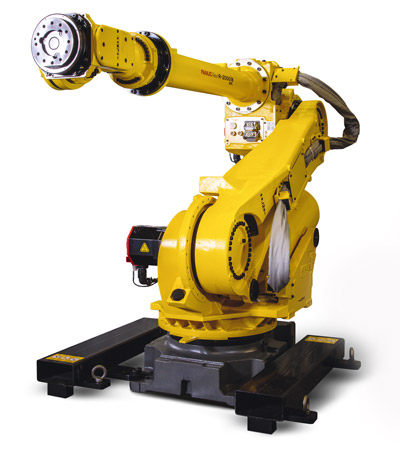
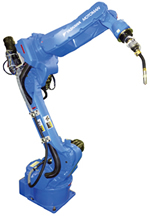
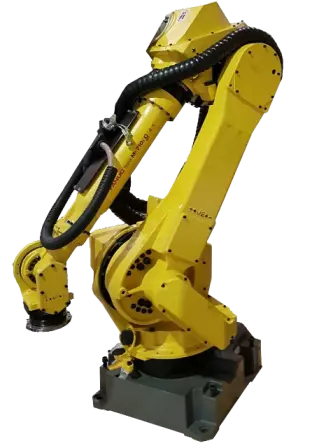
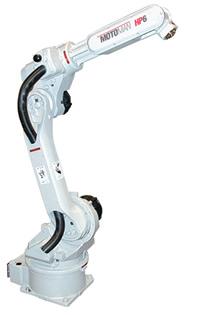
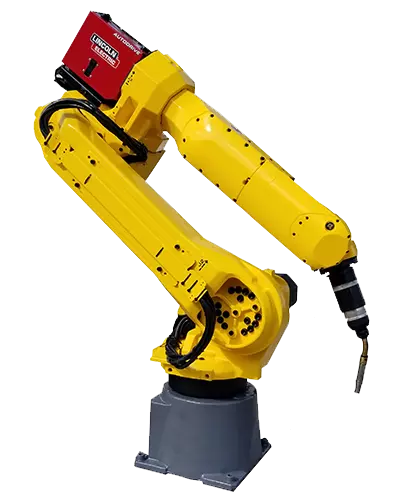
Flux cored, or FCAW, is an arc welding process that is frequently automated with industrial robots. FCAW obtained its name since the process uses an electrode that contains flux in its core.
The FANUC Arcmate 120ic and Yaskawa Motoman MA1440 are two examples of welding robots that are often used to automate an FCAW process. Automating flux cored welding with robots provides several benefits which include the following:
- • Greater Precision - Industrial robots are designed for high repeatability which in turn allows for pinpoint precision. FCAW, like other welding applications, requires a great amount of precision in order to produce a clean and durable weld. Industrial robots are able to operate with the high precision needed for a successful FCAW application. Their controlled movements ensure accurate positioning and weld seam placement.
- • Faster Cycle Times - As with most robotic applications, automating flux cored welding will significantly speed up cycle times compared to manual welding. Arc welding robots operate at much faster speeds and have higher deposition rates. The reliable operation of industrial robots also ensures cycle times are not only fast, but also consistent. Those looking to improve the speed of their FCAW application may want to consider automating with the FANUC Arcmate 100ic or a similar articulated robot.
- • All-Position Capability - The capability of flux cored welding robots to weld from any position is one of their biggest advantages over other robotic welding and manual welding methods. When the right filler metal is used, the ABB IRB 2400 can weld from any position with the FCAW method. This provides greater flexibility as these six axis robots are not limited when it comes to workpiece access.
- • Metal Versatility - FCAW robots can weld a variety of metal types and easily adapt to metal workpiece changes. FCAW robots are capable of welding stainless steel, high nickel alloys, facing/surfacing alloys, and mild/low alloy steels. FCAW robots can work with a variety of metal workpieces and can easily be programmed to adapt to workpiece changes, resulting in minimal downtime.
- • Cost-Effective - Automating flux cored welding with robots results in a cost-effective application. Faster cycle times, greater precision, and the versatility of robots all help to reduce production costs. Costs are further reduced since FCAW robots do not require shielding gas. The flux core of the electrode contains mineral compounds and powdered metals that produce slag which acts as a protectant of the weld pool.
- • Improved Workpiece Quality - Automating FCAW reduces the amount of human involvement which helps to eliminate errors that can negatively impact quality. Industrial robots are incredibly accurate since they are programmed with the application parameters. Robots are able to produce pure or near pure welds with the flux core process resulting in clean, durable, and high-quality workpieces.
- • Higher Productivity - The fast pace of robotic flux cored welding combined with the continuously fed electrode will result in higher productivity rates. Since industrial robots can weld parts quickly and have minimal turnaround time in between workpieces, higher productivity rates can be achieved. Robotic FCAW is recommended for those with high-volume productions.
Robots Done Right is the place to start when it comes to used robots. Contact us if you are interested in buying or selling a used robot.